
Ruth Doherty, Dalton Transactions Deputy Editor
Dalton Transactions is proud to attending and publishing an associated Themed Issue with Dalton Discussion 12: Catalytic C-H and C-X Bond Activation (DD12), taking place at Durham University from 13th to the 15th of September 2010.
We are also delighted to be able to sponsor a Dalton Transactions poster prize to be awarded at the meeting. There will also be a poster prize sponsored by our new journal, Catalysis Science & Technology .
DD12 is being jointly organised by the RSC Dalton and Organic Divisions and will bring together the organic, organometallic, and inorganic (coordination chemistry) communities from academia and industry to discuss the current state of the art, the development and future of late metal-catalysed cross-coupling strategies of C-X and C-H bonds.
I will be attending DD12 so please do have a chat with me if you are also there, I’d love to hear from you.
If you will be attending DD12 let me know by email to dohertyr@rsc.org or by leaving a comment below.
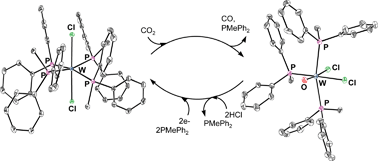 A tungsten-mediated closed cycle of reactivity for the reduction of CO2 to CO
A tungsten-mediated closed cycle of reactivity for the reduction of CO2 to CO










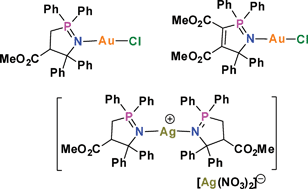



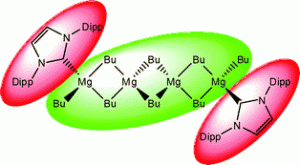
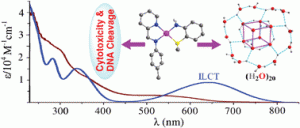
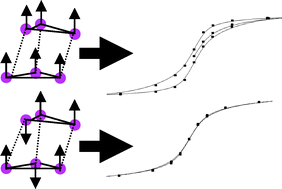 MCD spectroscopy of hexanuclear Mn(III) salicylaldoxime single-molecule magnets
MCD spectroscopy of hexanuclear Mn(III) salicylaldoxime single-molecule magnets 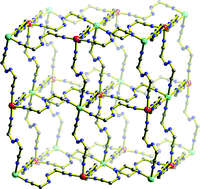 Synthesis, structures and spin crossover properties of infinite 3D frameworks of iron(II) containing organodinitrile bridging ligands
Synthesis, structures and spin crossover properties of infinite 3D frameworks of iron(II) containing organodinitrile bridging ligands 